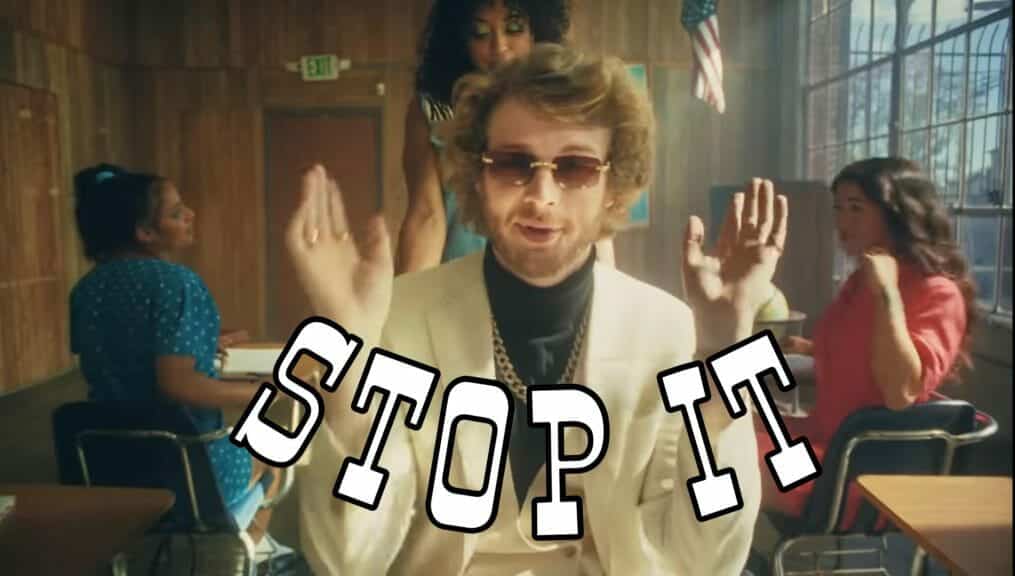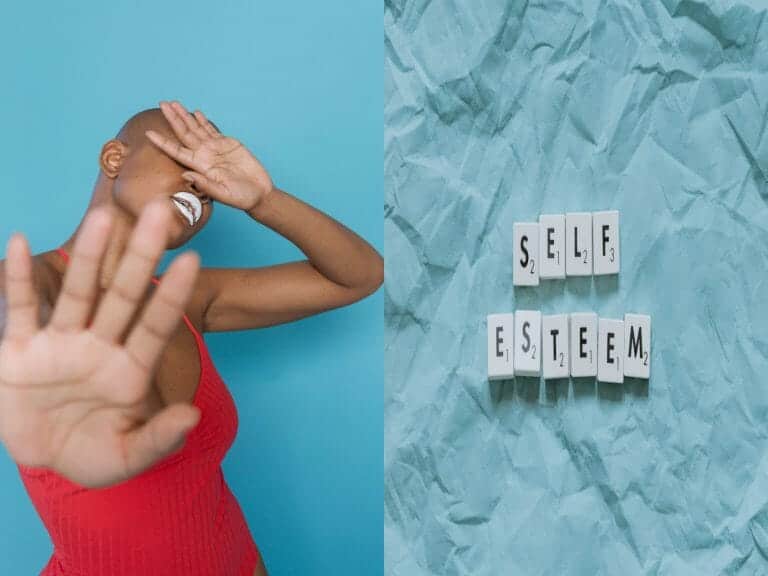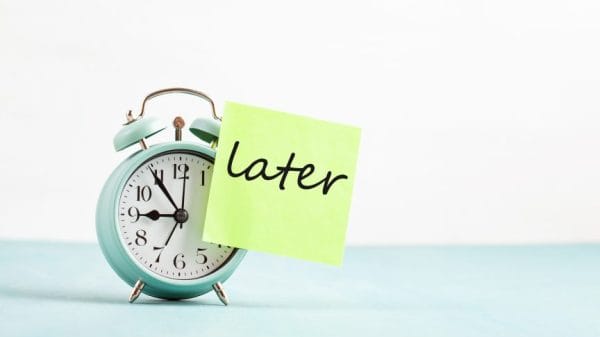DISCLAIMER: I’m not a psychologist. These are just speculations.
First of all, what are disclaimers? They’re the warnings you give before you hand in an assignment (‘It’s not very good’) or what your friend says before they play you the song they’ve been working on for weeks (‘It still needs some work’), or the introduction to every YouTuber’s vlog (Hi guys, I’m so sorry for looking like a mess today). But did you know these little phrases may be detrimental to your self-esteem?
To understand why they’re potentially so damaging, we have to examine the reasons behind why we make them:
We are afraid of criticism from others
We hope to beat other people to the potential punch by making the disclaimer first. It’s a defense mechanism.
We are perfectionists
We want others to know that we see the imperfections of our work because it would be embarrassing if they thought we thought it was perfect.
We are genuinely not proud of the work we created
We didn’t feel inspired to make it good and are using the disclaimer to temper the consequences of our lack of effort and poorly done job.
Why is it important to stop making these disclaimers?

Maybe the next time you want to make a disclaimer, think on this part of Betty (Get Money), Credit: Yung Gravy/YouTube.
Well, if the reason for it falls into one of the first two categories listed above, you’re probably being too hard on yourself. The things you see as imperfections others may not even notice, or they may even like. It is important to give someone a chance to form their own opinion. It may pleasantly surprise you.
If the reason falls in the third category, you should instead face the consequences of your actions. If you write a slapdash report for work, hand it to your manager, and say, ‘I know it’s not as organized as it could be,’ you are trying to say, ‘This truthfully is not the ceiling of my potential, so you should not punish me based on this.’
The disclaimer says you could have done better but did not care to. And that is one hell of a way to shoot yourself in the professional foot. In these cases, it is probably best to say nothing and resolve to do better next time.
There are levels to disclaimers, though, and these are the worst for your confidence
These disclaimers are probably the worst for broadcasting a lack of confidence. And I was a massive perpetrator for invoking them. They are not concerned about assignments, appearances, or carelessly picked-out birthday gifts.
Instead, they are disclaimers regarding your own existence. I can’t put a pin on many exact moments. I remember making many self-deprecating jokes and apologizing whenever I walked into a room. And for what? Literally no valid reason. But that’s the thing with disclaimers when they concern your entire being. They catch you in a loop.
It becomes a cycle where you apologize for yourself for no reason. Then people get the impression that you are the kind of person who should apologize for themselves. Then you sense their image of you and need to apologize for more. And that is one hell of a way to keep your confidence on the bedrock.
Should you never use disclaimers?
Disclaimers are only sometimes necessary. You should give them when the stakes are high, not if the only potential consequence is criticism or judgment. And how often are we really in those situations? Rarely. Therefore, disclaimers should be rare.
Now, I didn’t realize there was a problem with making disclaimers. I didn’t realize that every time I made one, I was broadcasting my lack of self-confidence to people. And it would be a lie to say that prohibiting the use of disclaimers as a fast track to better self-esteem was an idea I stumbled into all on my own.
Last summer, I got an email from the Frank James newsletter. This article has only been paraphrasing and preaching his message. It would be an understatement to say that the ‘No Disclaimers!’ message had stuck with me only a little bit. I cannot express how glad I am to have stumbled onto that email in my cluttered, doom pit of an inbox.
Eradicating disclaimers from my life was probably not the only thing to have improved my self-confidence, but it helped. Therefore, I encourage you to do the same. I really think it will help you lead a better life.
If you liked reading this article, here’s some more to enjoy:
Imposter Syndrome: The No1 Confidence Killer














